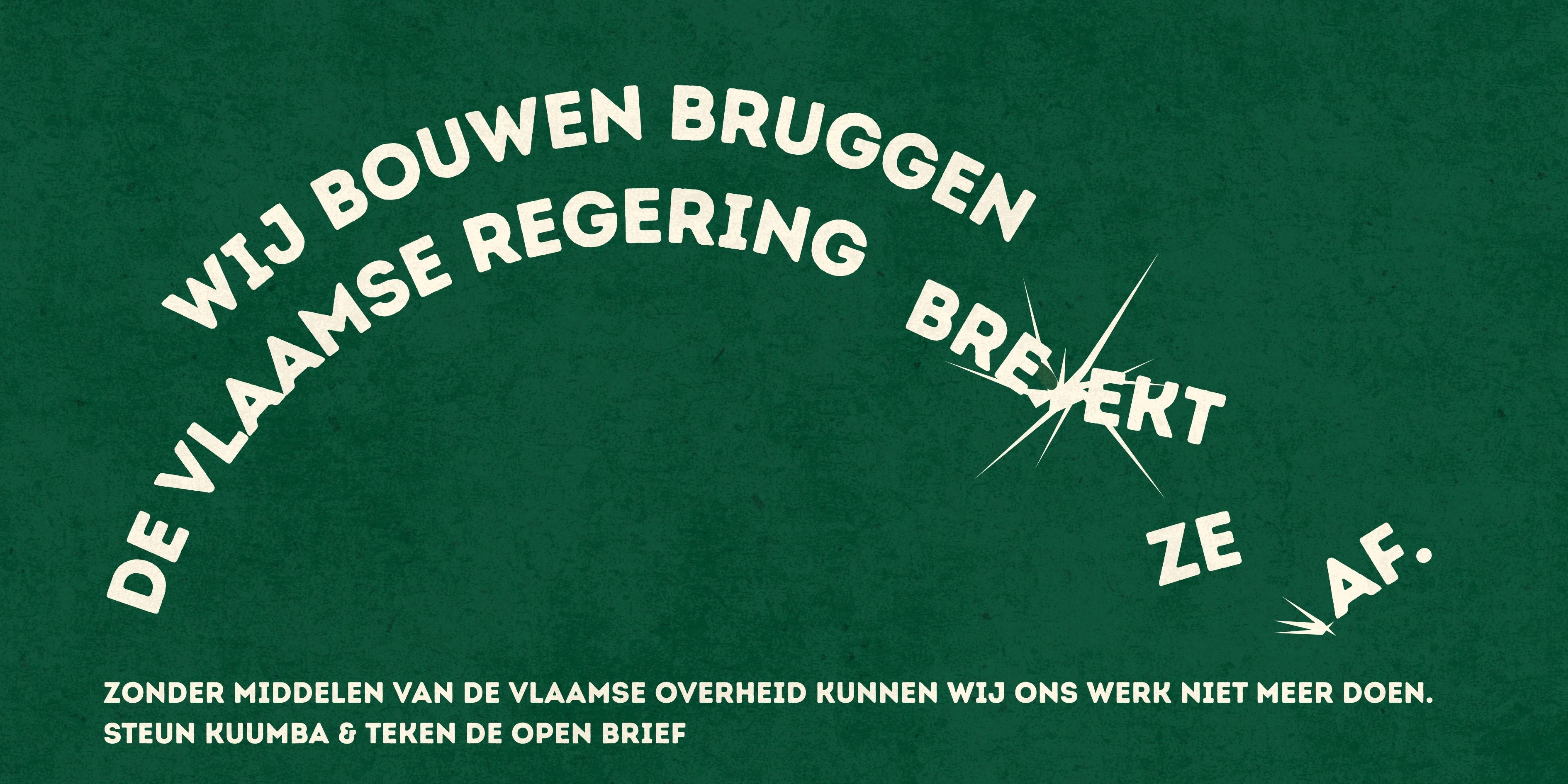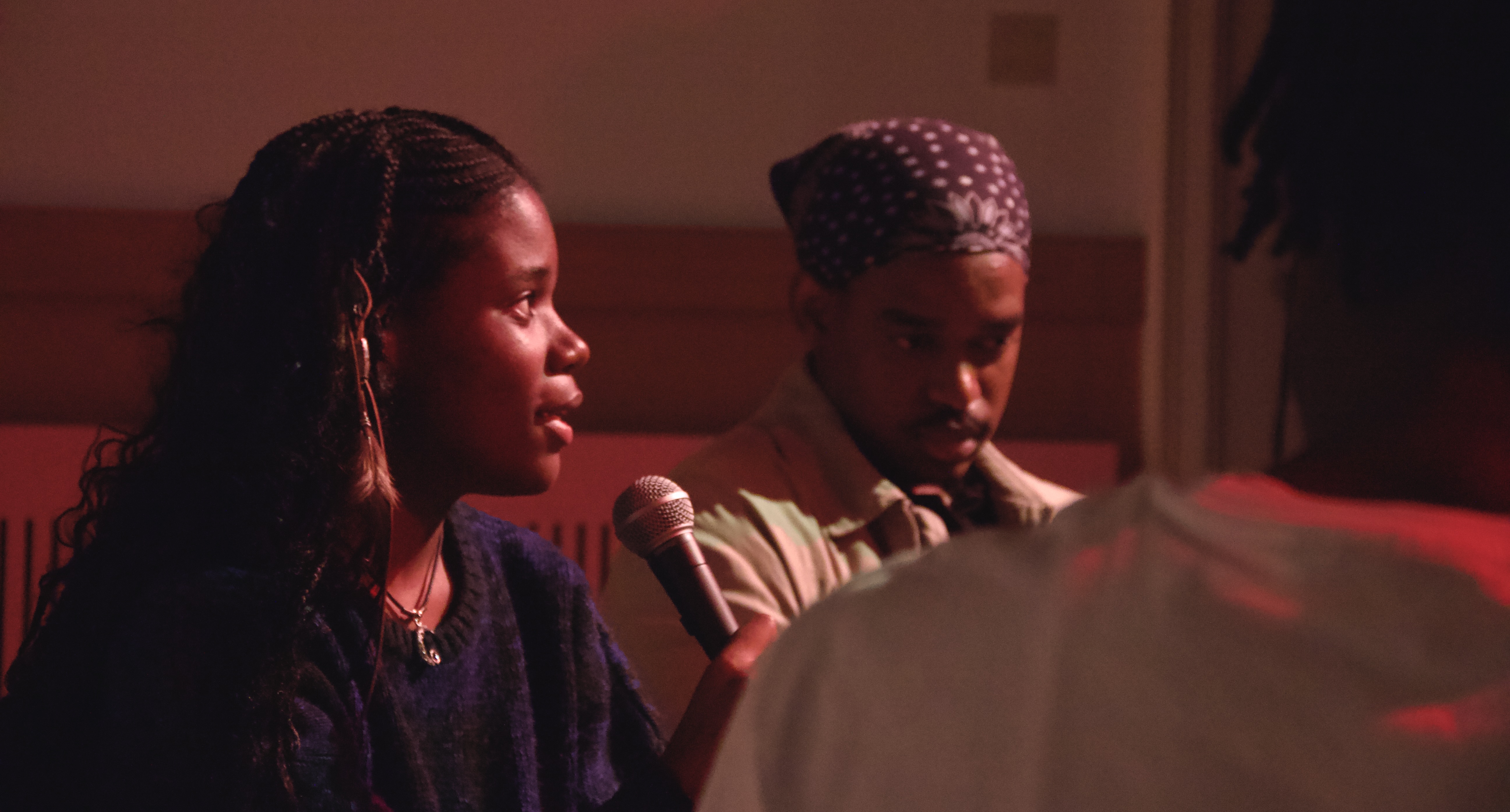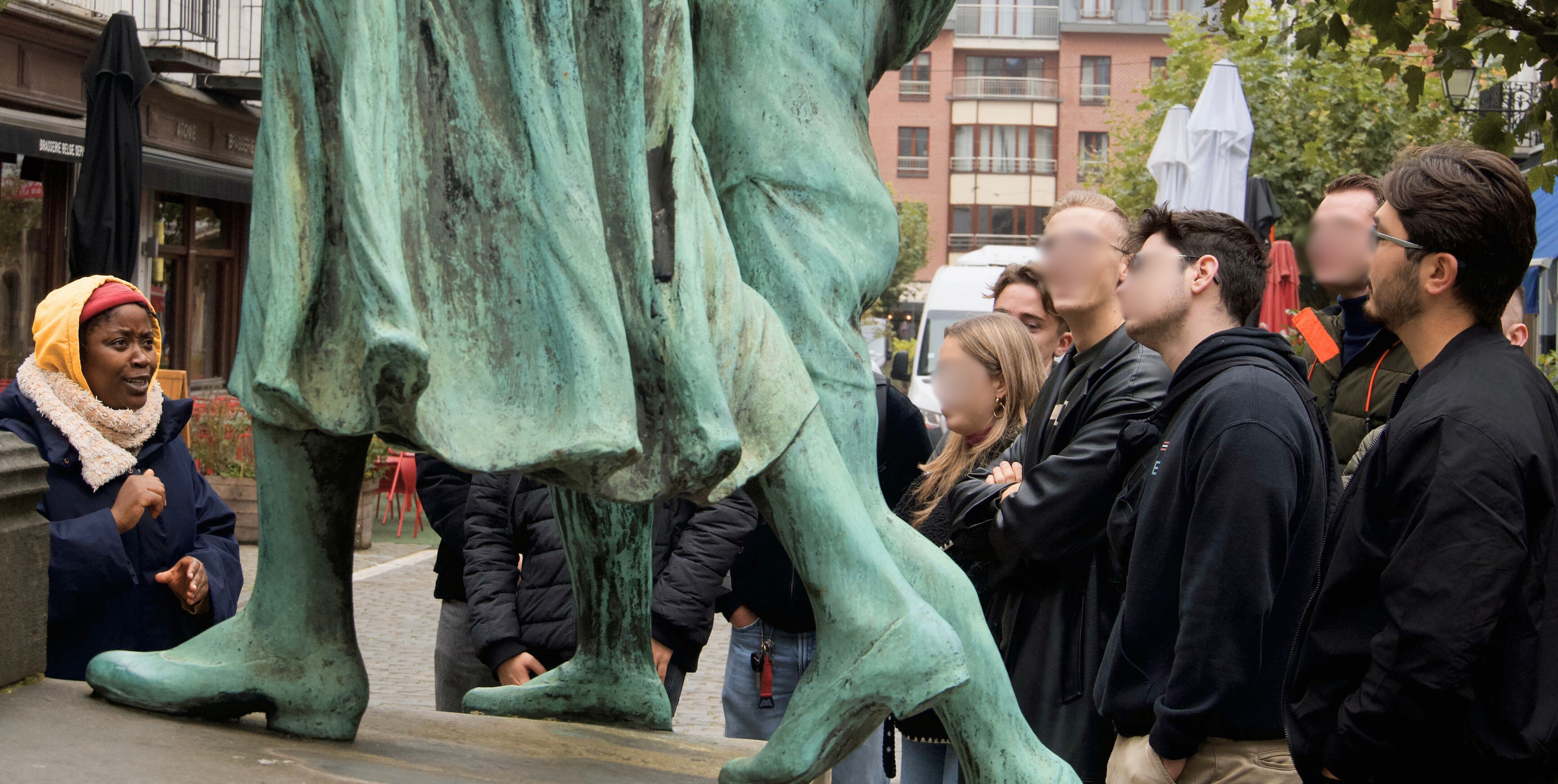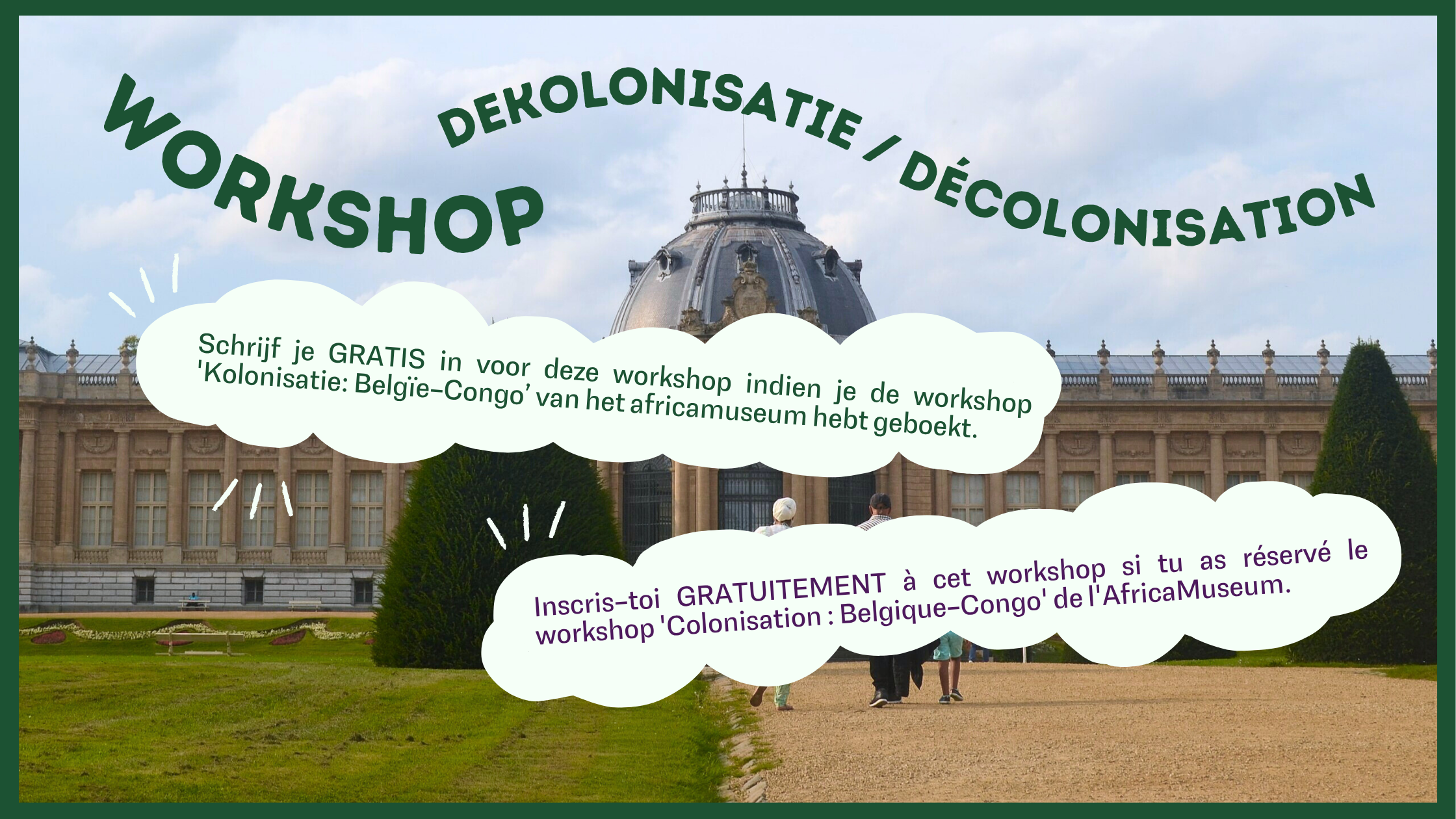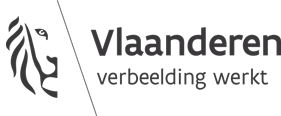Schijnwerpers short film festival - program 3
12 September 2025 - Passersstraat 5, 1070 Anderlecht

On 12 September, Schijnwerpers Short Film Festival brings you programme 3: Sensibilization. More information about all the films can be found below.
18:00 Doors open
18:30 – 20:00 FIlms + Q&A, stay afterwards for a drink
Address: Passerstraat 5, 1070 Anderlevcht (Kuumba vzw)
_____
•Legacy — Dahyeong Hwang, Doyeon Kim, Jisu Lee, Minha Joo – 8′00″ [no subs]
In mid-to-late 20th century Greenland, a boy who loves animals lives with his father. Unlike other kids, he enjoys reading and mostly keeps to himself. One day, his father takes him hunting.
When the father hands him a rifle, the boy hesitantly accepts it, his hands tense with nervousness. As he takes the shot, the bullet misses the seal—but the moment leaves him lost in thought...
•Our city pets — Matias Ramos ter Maat – 13′51″ [no subs]
"We see them everywhere, yet rarely stop to look. This documentary turns its lens on the overlooked life of the pigeon."
•Au revoir Paradiso — Aurelie van Herk – 6′06″ [EN subs]
In a forgotten corner in Flanders, Eddy lives among dreams of wood, dust and memory. Since he was a child, he has been building his own circus universe with a museum full of miniatures, posters and stories that no one tells anymore. Now, at almost 80 years of age, he is getting ready for his very last show.
Au Revoir Paradiso is an intimate and poetic documentary about dedication, imagination and the art of aging. In the silent setting of his self-made world, Eddy becomes a clown, archivist, child and artist. All at the same time. This film is more than just a portrait. It is a time capsule, a gentle cry against oblivion and a tender ode to what remains when everything seems to disappear.
•Self-loving Jew — Sterre Volders – 15′00″ [EN subs]
Self-loving Jew is a short, intimate documentary following three members of the Anti-Zionist Jewish Alliance in Belgium as they confront what it means to be Jewish in a time of genocide. Often labeled as self-hating, they reflect on intergenerational trauma, faith, family rupture, and political awakening. Their message is clear: to oppose injustice in our name is not self-hatred — it’s self-love.
•Born to be — Björk Vijgen – 4′05″ [no subs]
Sheep has nothing to say in her life. From birth her brain is removed, she gets an assigned diploma, she is put to work in a factory, she gets married and in her womb starts a new life cycle .And so the cycle begins again. The story repeats itself in an even more changed dystopian world. the third Sheep questions the way of living in the present and the future.
•Keep walking — Luna De Win & Oudôm Van Pottelbergh – 10′04″ [NL subs]
In deze korte documentaire volgen we Darin (55), die als vijfjarig meisje de genocide in Cambodja overleefde. Nu, vele jaren later, voelt ze de noodzaak om haar herinneringen te delen. Niet alleen als getuigenis, maar als brug tussen generaties. Ze wil de rijkdom van haar cultuur doorgeven aan kinderen en jongeren die opgroeien in België, en gelooft dat ook het verleden daarin een plek verdient. Voor het eerst besluit ze haar verhaal te vertellen. Van de dag dat de Rode Khmers Phnom Penh binnentrokken tot de stille tochten door bossen vol verborgen gevaar. Haar herinneringen zijn niet vervaagd. Sommige angsten leven nog in haar lichaam, zoals de schrik voor het donker of het gevoel van een lege maag dat zich als een echo door de tijd blijft herhalen. Met haar verhaal bewaakt ze een verleden dat niet verloren mag gaan, en in haar herinneringen schuilt een stille wens: dat wie na haar komt, nooit de gruwel hoeft te doorstaan die zij als kind heeft geleefd.
•The village idiot — Michell Heyndricksx – 8′31″ [EN, NL subs]
Bob, the local village idiot, invites us to spend the day with him. We don’t know much about him, other than he’s been left home alone against the advice of his superiors and that he's still in recovery. He pulls us into his world—or is it a fantasy? A delusion? A hallucination? In this film, Michell Heyndrickx draws from his own experiences with psychosis and psychological vulnerability, as well as the way these issues have historically and culturally been understood. By writing and performing not just the role of Bob but all the characters in the film, Heyndrickx reclaims his voice—a voice that has often been taken over by art and media throughout history. He challenges the clichés and stereotypes surrounding psychological vulnerability.
The film’s aesthetic is inspired by the surreal, artificial worlds of low-budget TV shows and interactive children’s programs, which often feel strange and unsettling due to their artifice. Heyndrickx built the sets entirely from cardboard and paper, a metaphor for the fragility of our perception of reality.

